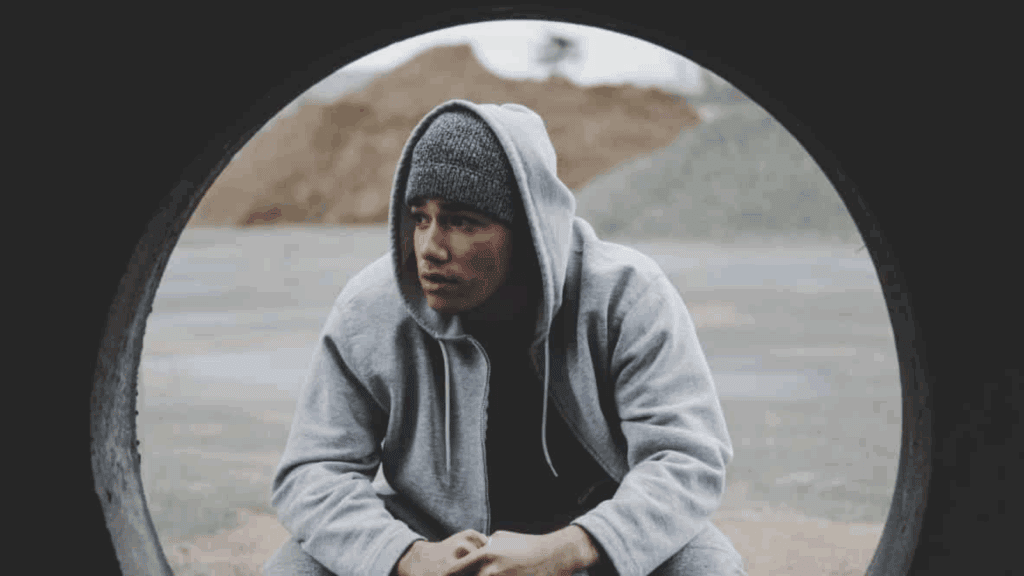St Giles Trust is at the forefront of tackling knife crime through prevention, intervention, and long-term support for young people at risk.
As a leading charity working to stop knife crime, we provide life-changing support to help young people find a positive path away from violence. Through education, mentoring, and frontline interventions, we work directly with those affected to create safer communities for all.
What is Knife Crime?
Knife crime includes any crime involving a bladed weapon, from carrying and possession to violent attacks. It's one of the most urgent issues affecting young people in the UK today.
At St Giles Trust, we tackle the roots of knife crime with prevention, intervention, and support services for young people most at risk.
How does Knife Crime affect young people?
Knife crime disproportionately impacts young people, particularly in urban areas. The causes are complex, including social inequality, lack of opportunities, fear, and gang culture. The consequences are severe, often leading to serious injury, criminal records, and loss of life.
Why young people carry knives
Many carry knives not to attack but out of fear. Causes include:
- Peer pressure
- Grooming and gang exploitation
- Social inequality
- Lack of safe environments and positive role models
Campaigns like No More Red highlight the need for alternatives. St Giles Trust delivers those alternatives on the ground.
Knife Crime in schools
Schools across the UK are facing increasing concerns about knife crime. Reports indicate a rise in young people carrying weapons due to fear of being attacked, peer pressure, or involvement in gang-related activities. School exclusions related to knife possession have surged, highlighting the urgent need for intervention.
In 2024 alone, police recorded 150 knife injuries on school premises. Weapon-related exclusions are rising.
Figures were supplied by 27 of England and Wales's 43 forces. They include offences committed by people of any age and at any time.
They are among 631 knife crimes at schools recorded by forces that year, with the stats also including offences like knife possession, making threats to kill and sexual assaults. Some forces say their knife crime figures include crimes involving other sharp objects, such as needles or broken glass.
St Giles in schools
We deliver awareness and intervention sessions in schools through:
- School assemblies led by mentors with lived experience
- One-to-one mentoring
- Education around grooming, exploitation, and gang avoidance
These sessions ensure young people are aware of the signs of exploitation and grooming so they can safely avoid or exit these situations.
Our Knife Crime Prevention Programmes

Early Intervention & Education
We work with schools and community groups to educate young people about the dangers of knife crime, addressing misconceptions and providing alternative pathways. Our trained professionals-many of whom have lived experience-deliver impactful sessions that resonate with young audiences.
One-to-One Mentoring & Support
We offer dedicated mentoring and tailored support to young people involved in or at risk of knife crime. Our trusted mentors help them build confidence, set goals, and access opportunities in education and employment.


